The Nile River Valley
History
Ahmose I
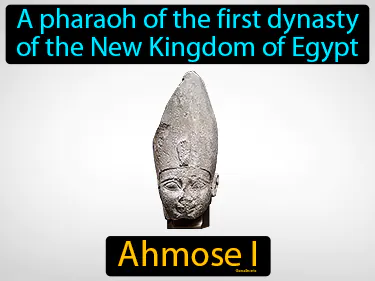
A pharaoh of the first dynasty of the New Kingdom of Egypt. Ahmose I. He was the king who expelled the Hyksos and unified Egypt, marking the beginning of the New Kingdom.
Akhenaton
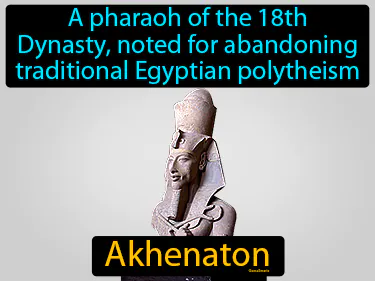
A pharaoh of the 18th Dynasty, noted for abandoning traditional Egyptian polytheism. Akhenaton. He was an ancient Egyptian ruler who promoted the worship of the sun god Aten over other gods.
Amenhotep I
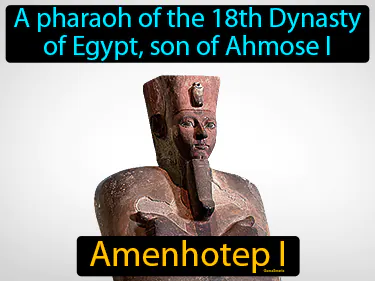
A pharaoh of the 18th Dynasty of Egypt, son of Ahmose I. Amenhotep I. He was an ancient Egyptian ruler known for continuing the expansion and prosperity initiated by his father.
cataract
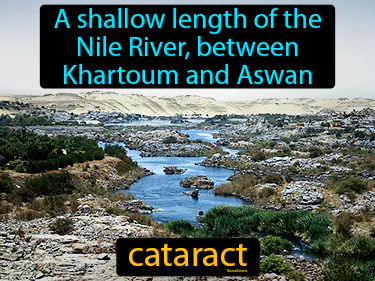
A shallow length of the Nile River, between Khartoum and Aswan, is called a cataract. In historical terms, a cataract is a series of rapids or waterfalls that made river navigation difficult and served as natural barriers in ancient Egypt.
economy
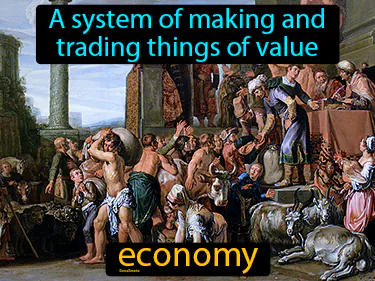
a system of making and trading things of value. economy. Throughout history, an economy is how societies organize production, distribution, and consumption of goods and services.
expedition
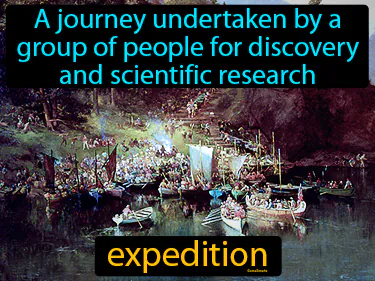
A journey undertaken by a group of people for discovery and scientific research. Expedition. In History, an expedition is a group journey aimed at exploring unknown territories for new knowledge and information.
Hatshepsut
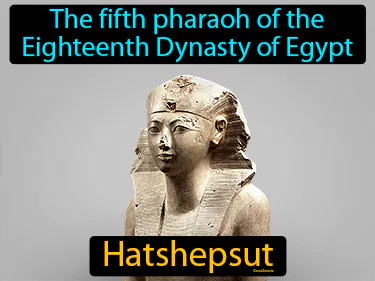
The fifth pharaoh of the Eighteenth Dynasty of Egypt. Hatshepsut. She was one of the few female pharaohs who expanded trade and built impressive monuments.
hieroglyphics
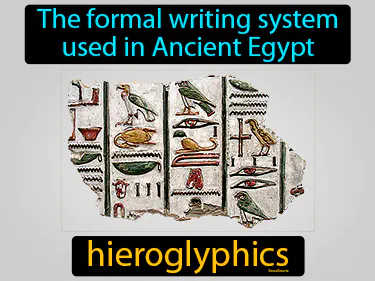
The formal writing system used in Ancient Egypt hieroglyphics. Hieroglyphics is a system of writing using symbols and pictures to represent words and sounds in ancient Egyptian civilization.
Jean Champollion

A French scholar known primarily as the decipherer of Egyptian hieroglyphs. Jean Champollion. He is the historian who unlocked the language of ancient Egypt by deciphering its hieroglyphs.
Khufu
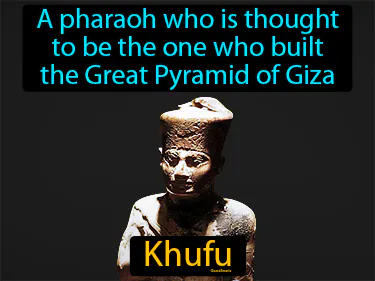
A pharaoh who is thought to be the one who built the Great Pyramid of Giza. Khufu. Khufu was an ancient Egyptian pharaoh who commissioned the largest pyramid in Egypt around 4,500 years ago.
Menes
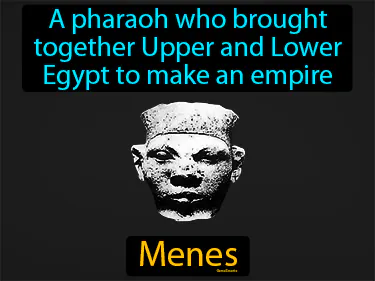
A pharaoh who brought together Upper and Lower Egypt to make an empire. Menes. Menes is considered the legendary first pharaoh who unified ancient Egypt into a single kingdom.
mummification
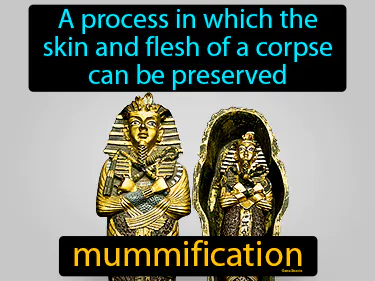
A process in which the skin and flesh of a corpse can be preserved. Mummification is an ancient practice used to preserve bodies for the afterlife, especially in ancient Egypt.
Nile Delta
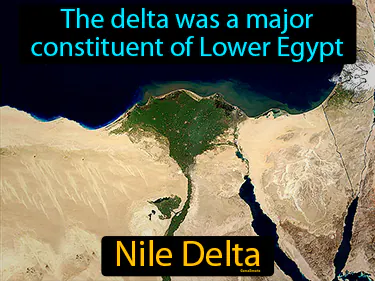
The delta was a major constituent of Lower Egypt. Nile Delta. The Nile Delta is a fertile area where the Nile River spreads out and drains into the Mediterranean Sea, supporting ancient Egyptian civilization.
Old Kingdom
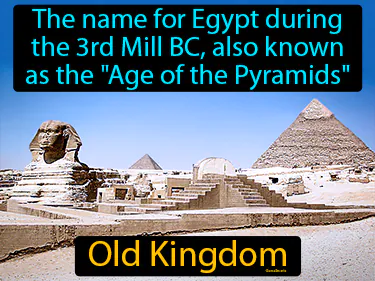
The name for Egypt during the 3rd millennium BC, also known as the Age of the Pyramids, is the Old Kingdom. The Old Kingdom was a period in ancient Egypt when many of the famous pyramids, including the Great Pyramid of Giza, were built.
papyrus
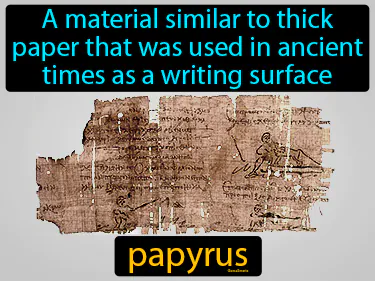
A material similar to thick paper that was used in ancient times as a writing surface. Papyrus. Papyrus is an ancient writing material made from the pith of the papyrus plant, used by Egyptians and other cultures around the Mediterranean.
pharaoh
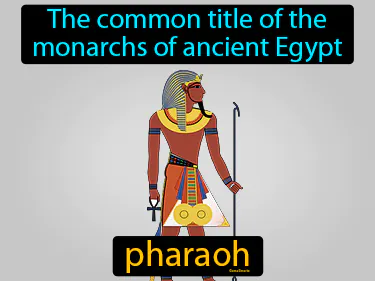
The common title of the monarchs of ancient Egypt is pharaoh. A pharaoh was the ruler and considered a god-like king of ancient Egypt.
Piye
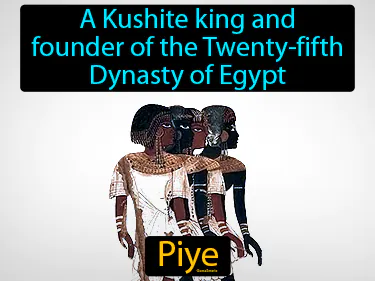
A Kushite king and founder of the Twenty-fifth Dynasty of Egypt. Piye. He was a ruler from Nubia who expanded his territory and influence into Egypt, marking the beginning of the Kushite rule over Egypt.
pyramid
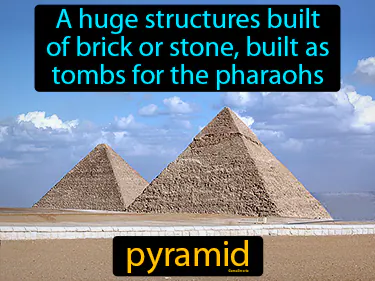
A huge structures built of brick or stone, built as tombs for the pharaohs. Pyramid. In history, a pyramid is a large triangular structure used as a royal tomb in ancient Egypt.
Ramses II
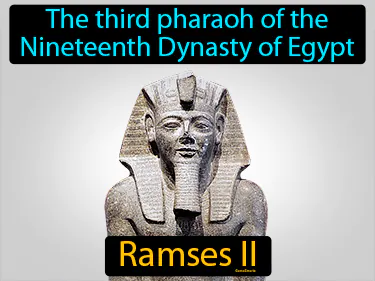
The third pharaoh of the Nineteenth Dynasty of Egypt. Ramses II. Ramses II, also known as Ramses the Great, was one of Ancient Egypts most powerful and celebrated pharaohs, known for his military victories and monumental building projects.
social pyramid
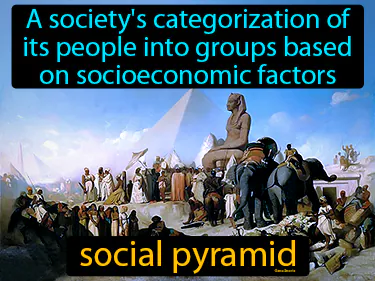
A society's categorization of its people into groups based on socioeconomic factors. Social pyramid. In history, a social pyramid is a way of illustrating how societies rank individuals from top to bottom based on their wealth, power, or status.
unification
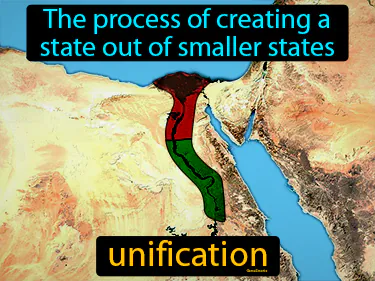
The process of creating a state out of smaller states. Unification. In history, unification is when smaller regions or states join together to form a single, larger nation.